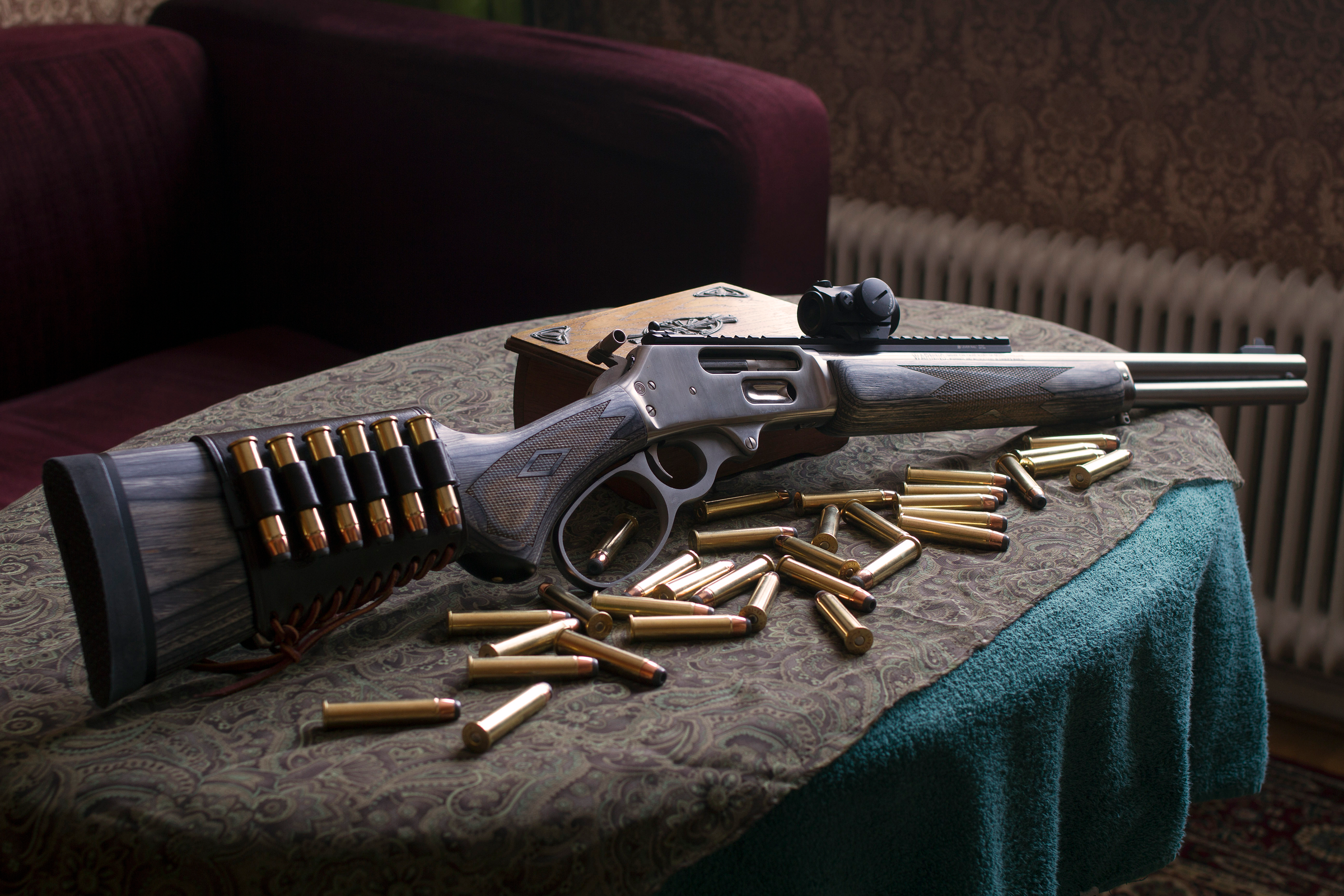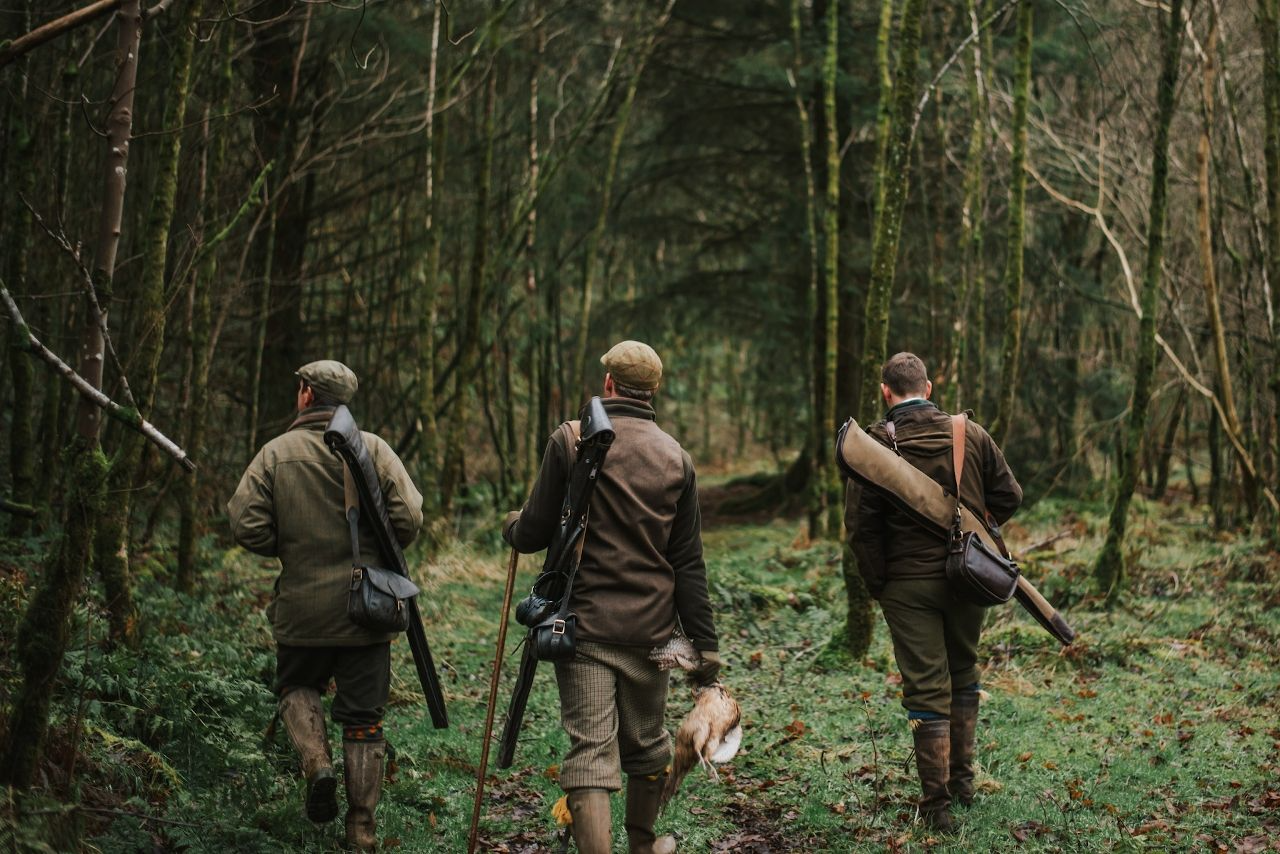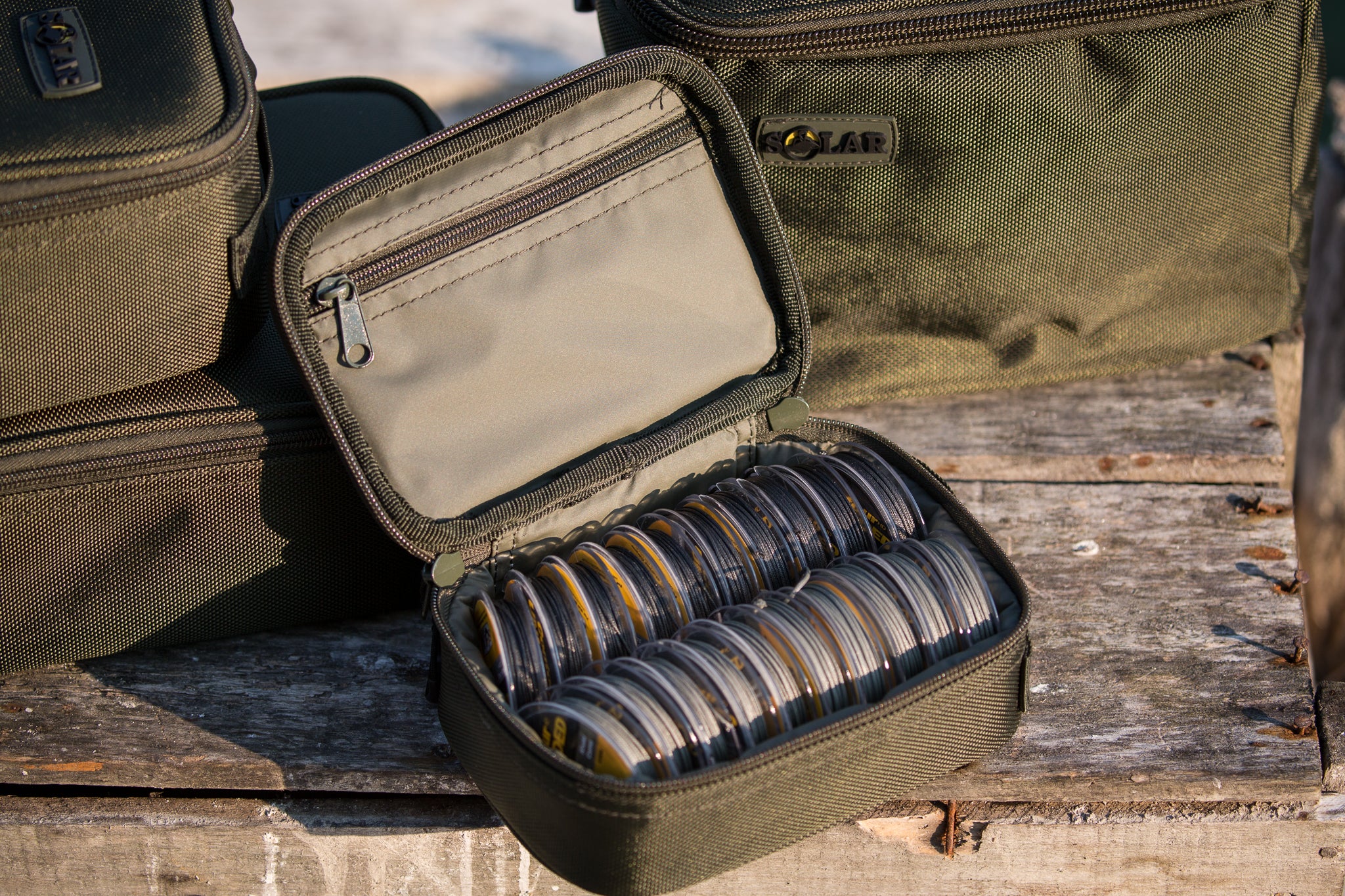How to Choose the Right Hunting Backpack for Long Trips?
A hunting backpack isn’t just a bag—it’s a vital tool that can make the difference between a smooth, successful trip and a cumbersome, exhausting experience. Choosing the right pack for long trips requires balancing capacity, comfort, and functionality. Here’s how to select a hunting backpack that keeps you prepared, organized, and mobile in the field.
How to Choose the Right Hunting Backpack for Long Trips?
Determine Your Load Requirements
Before choosing a backpack, consider the duration of your trip and what you’ll need to carry:
-
Day Trips: A 1,500–2,500 cubic inch pack is usually sufficient for essentials like water, snacks, and basic gear.
-
Multi-Day Hunts: Look for packs in the 3,000–5,000 cubic inch range to accommodate clothing, sleeping gear, food, and hunting tools.
-
Specialized Hunts: Add extra compartments if you need to carry a rifle, bow, or large game gear.
Knowing the right size prevents overpacking while ensuring you don’t leave essential gear behind.
Prioritize Comfort and Support
Long treks require a pack that distributes weight efficiently:
-
Padded Shoulder Straps and Hip Belts: Help reduce shoulder strain and transfer weight to your hips.
-
Adjustable Back Panel: Customizes fit for your torso length, improving comfort and balance.
-
Ventilated Design: Keeps your back cool during strenuous hikes.
Test different packs if possible—comfort is far more important than looks.

Look for Functional Features
The right hunting backpack should include:
-
Multiple Compartments: Separate storage for clothing, food, and gear makes organization easier.
-
Hydration Compatibility: Hydration bladder slots help you stay hydrated without slowing down.
-
External Attachment Points: Perfect for carrying bows, trekking poles, or game packs.
-
Durable Materials: Ripstop nylon or polyester ensures the pack survives rough terrain and weather.
Consider waterproofing or a rain cover if you’ll hunt in wet conditions.
Weight Considerations
Even the best backpack can become a burden if it’s too heavy. Choose a lightweight pack that doesn’t sacrifice durability. Remember, you’ll also be carrying the contents, so every ounce matters over long distances.
Organize for Efficiency
Pack strategically:
-
Keep frequently used items accessible in top or side pockets.
-
Store heavier items close to your back for better balance.
-
Use compression straps to stabilize the load.
This helps reduce fatigue and keeps you ready for action when game appears.
Final Thoughts
Choosing the right hunting backpack for long trips isn’t just about style—it’s about practicality, comfort, and durability. Consider your trip length, gear requirements, and physical comfort to find a backpack that works as hard as you do. A well-chosen hunting backpack makes every trek safer, easier, and more enjoyable, letting you focus on the hunt rather than your pack.























